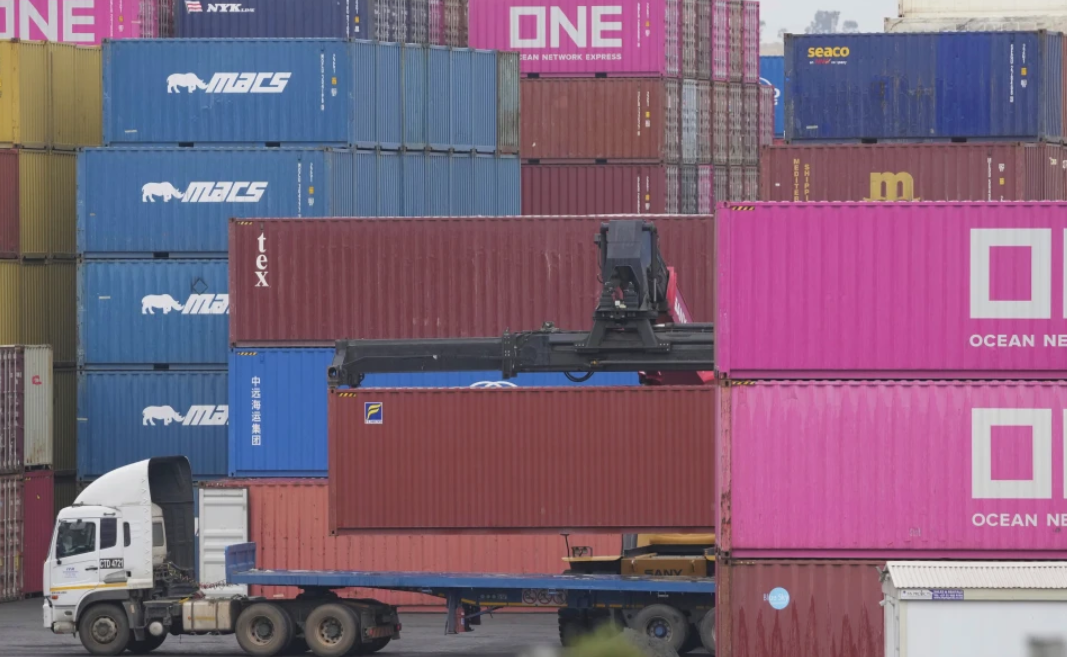The Trump administration’s decision to impose new 30% tariffs on South African citrus exports is expected to jeopardize around 35,000 jobs and severely impact the economies of entire towns, according to a local farmers’ group. The Citrus Growers’ Association of Southern Africa warned that these tariffs, set to take effect on Wednesday, would significantly harm South Africa’s largest agricultural export.
The group explained that the tariffs could increase the cost of South African citrus fruits by $4.25 per carton for American consumers. South Africa primarily supplies citrus to the U.S. when it’s out of season in America. As the second-largest exporter of oranges globally, behind Spain, and the fourth-largest exporter of soft citrus fruits, South Africa plays a key role in the global citrus market.
Approximately 5-6% of South Africa’s citrus exports, equating to over 6.5 million cartons annually, go to the U.S. Some rural towns, heavily reliant on the U.S. market, could face economic collapse. One such town, Citrusdal near Cape Town, is at risk of major job losses due to its dependence on citrus exports to the U.S.
“There is immense anxiety in our communities,” said Gerrit van der Merwe, chairman of the Citrus Growers’ Association and a citrus farmer near Citrusdal. The group is urging the South African government to prioritize negotiations with the U.S. for tariff reductions or exemptions, emphasizing the urgent need for support as the new citrus season begins.
“Citrus is not produced in a factory,” said Boitshoko Ntshabele, CEO of the association. “South African citrus growers do not compete with U.S. citrus growers. In fact, our high-quality produce complements U.S. supply when it’s out of season, ultimately benefiting U.S. growers as well.”
South Africa’s economy, the most diverse in Africa, has already been affected by U.S. policies under Trump. Cuts to U.S. foreign aid have impacted South Africa’s AIDS program, the largest globally, which treats about 5.5 million people. Additionally, Trump’s executive order halting federal funding due to concerns over the treatment of white minority farmers in South Africa could further harm those affected by the new tariffs.













